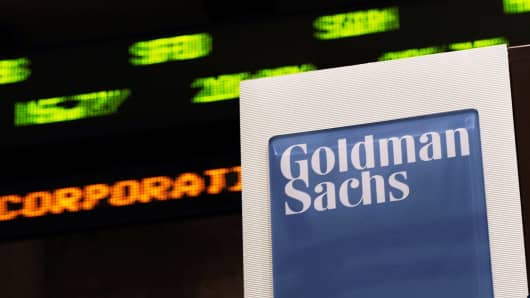China's most prominent and politically connected financier is raising a new $2 billion -$2.5 billion fund for investments in China and abroad, according to people familiar with the matter.
Fang Fenglei, the non-executive chairman of Goldman Sachs' China subsidiaries, is raising money for a new fund to be called "Hopu Master Fund II" more than two years after he abruptly wound down his last private equity venture.
Mr. Fang, 61, whose given name means "wind and thunder", is renowned as the most politically connected and savvy banker in Chinese financial circles, and the launch of his new fund has already drawn strong interest from investors.
(Read More: Why the Next Goldman Sachs Will Be Made in China)
He has very close ties to Wang Qishan, the member of China's ruling seven-member Politburo Standing Committee in charge of fighting corruption, and he remains the titular chairman and majority shareholder of Goldman Sachs' operations in China.
The new fund has already raised more than $1 billion, people close to the situation said.
His decision to retire from daily operations at Goldman and establish his own private equity group in 2007 caused consternation at the U.S. bank, which had effectively entrusted its future in China to Mr. Fang in 2004 through a complicated shareholding arrangement.
The two sides eventually came to an agreement and Goldman invested about $300 million in a $2.5 billion fund raised by Mr. Fang's Hopu Investment Management, one of the largest first-time private equity fundraisings ever seen in Asia.


